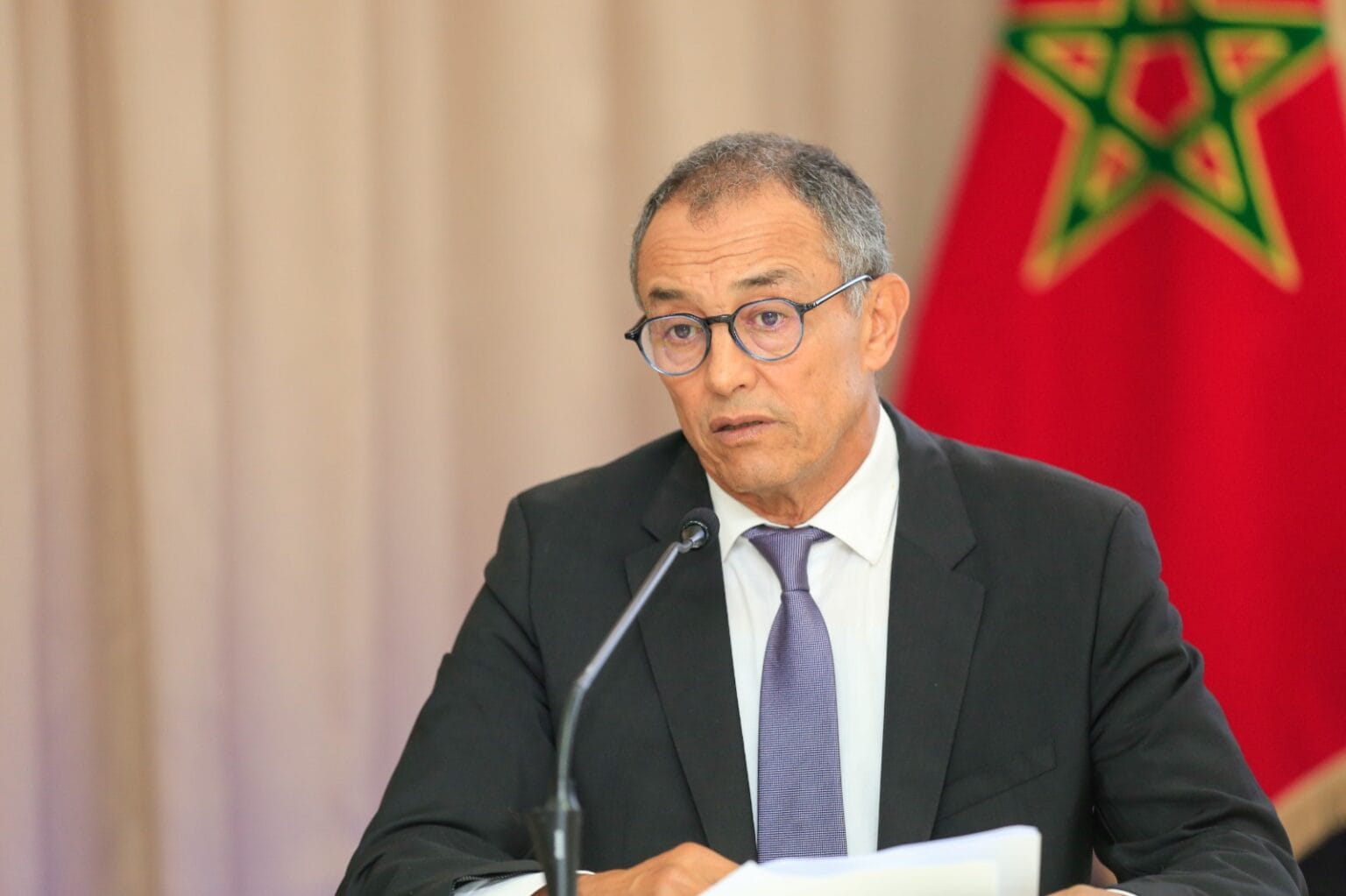The Economic, Social and Environmental Council (CESE) called, on Wednesday in Tangier, for the development of a national roadmap dedicated to the “Water-Energy-Food Security-Ecosystems Nexus” approach.
Speaking at the opening of the 2nd edition of the “Nexus WEFE” Forum, the Secretary General of the CESE, Younes Benakki, emphasized that the Council, in its strategic report on the nexus, recommended the development of a national roadmap dedicated to this approach aimed at achieving a balance between sustainability, efficiency, and resilience.
The main objective of this initiative is to ensure the systematic integration of this approach at all stages of the decision-making process, both at the central and territorial levels, in order to guarantee coordinated and sustainable management of natural resources in Morocco, he specified.
In this regard, he mentioned several recommendations from the Council, including the establishment of an intersectoral coordination mechanism at the central and regional levels, responsible for the development and monitoring of the roadmap, as well as strengthening the legislative and regulatory framework of the water, energy, food security, and ecosystems sectors by fully integrating the principles of the nexus approach.
The Council also recommended that funded projects, including those carried out under public-private partnerships, integrate these principles and that the nexus approach be valued in funding requests submitted to international financial institutions.
Furthermore, he advocated for the establishment of regulatory bodies for the water and energy sectors, ensuring the adoption and application of the principles of the nexus approach, highlighting the need to strengthen the capacities of stakeholders involved in implementing this approach through the development of training programs, the promotion of research and innovation, as well as organizing regular awareness campaigns for management officials to better understand the risks associated with fragmented sectoral management.
The adoption of this approach is not a mere choice but an urgent necessity imposed by growing environmental and economic challenges, he added, emphasizing that the integration of the nexus approach into other strategic sectors could serve as a decisive lever for coordinating sectoral efforts, thus promoting better convergence at all levels of public policy implementation.
He estimated that the integration of the water, energy, food security, and ecosystems sectors has not yet reached the desired objective, as decisions made often rely on a sectoral approach that overlooks the interdependencies between these areas, preventing optimal resource utilization and reducing the resilience of territories and the effectiveness of public policies.
Moreover, in its strategic report “The Water-Energy-Food Security-Ecosystems Nexus: A More Effective Management of Natural Resources to Strengthen Synergies and Reduce Intersectoral Risks in Morocco,” the CESE concluded that effective management of natural resources in Morocco requires strengthening intersectoral synergies through the adoption of the nexus approach, which encompasses the water, energy, food, and ecosystems sectors within an integrated framework, allowing for more rational resource exploitation, Mr. Benakki noted.
As an example, the Secretary General of the CESE cited the Casablanca seawater desalination plant project, which illustrates the concrete application of the WEFE nexus approach and reflects the delicate balances between these four axes to ensure sustainable and integrated management.
This project simultaneously addresses several challenges, including meeting the growing demand for drinking water and irrigation, while relying entirely on renewable energies, he continued, noting that this strategic choice aims to reduce the carbon footprint and improve the efficiency of the desalination process, while enhancing food security by dedicating nearly 50 million cubic meters of desalinated water to irrigation.
The integration of the environmental dimension into the project has also been carefully studied through the use of advanced desalination technologies, thereby reducing ecological impacts.
The forum, held under the High Patronage of His Majesty King Mohammed VI and initiated by the Council of the Tangier-Tetouan-Al Hoceima region, also provided an opportunity to present the detailed conclusions of the CESE’s strategic report to a broad panel of political leaders, experts, and representatives of national and international institutions, who were able to debate and discuss various challenges related to climate change, such as resource scarcity and energy transition.


